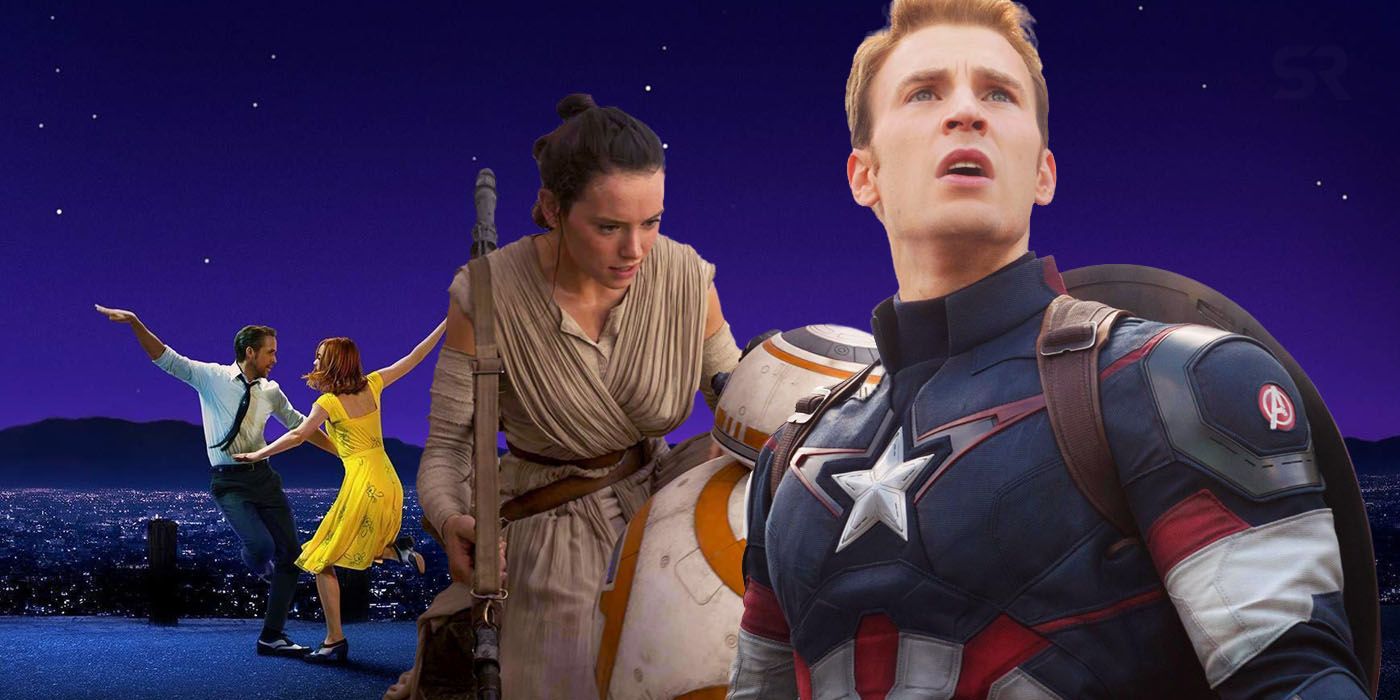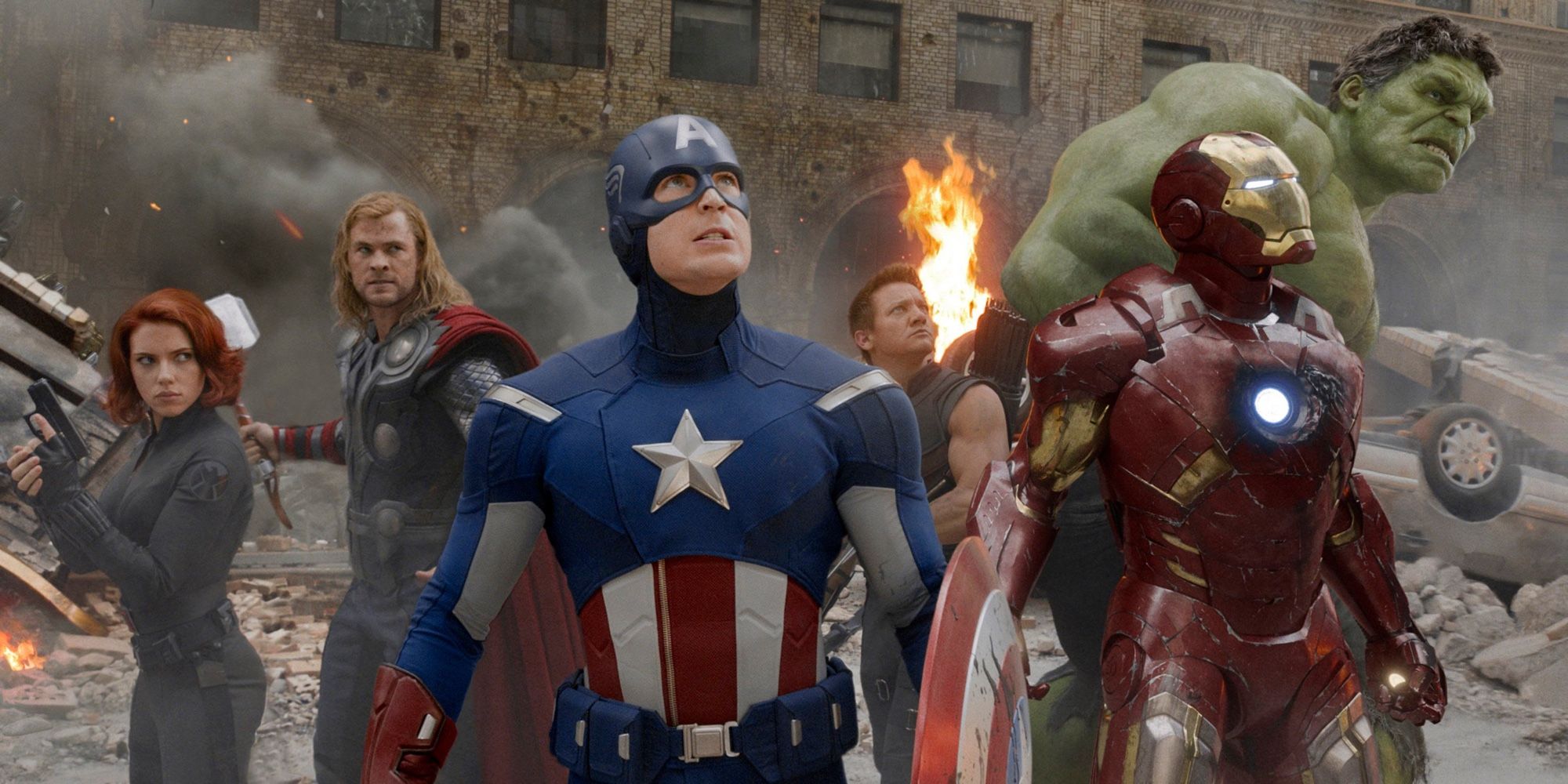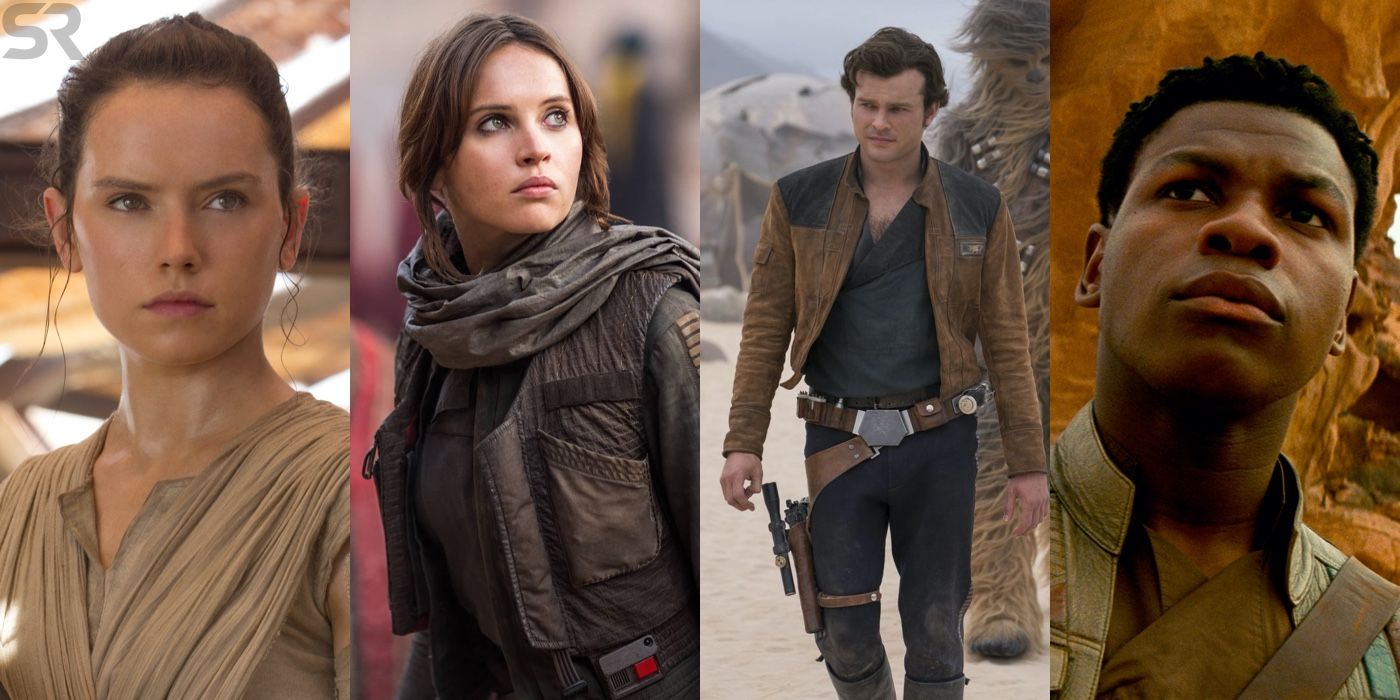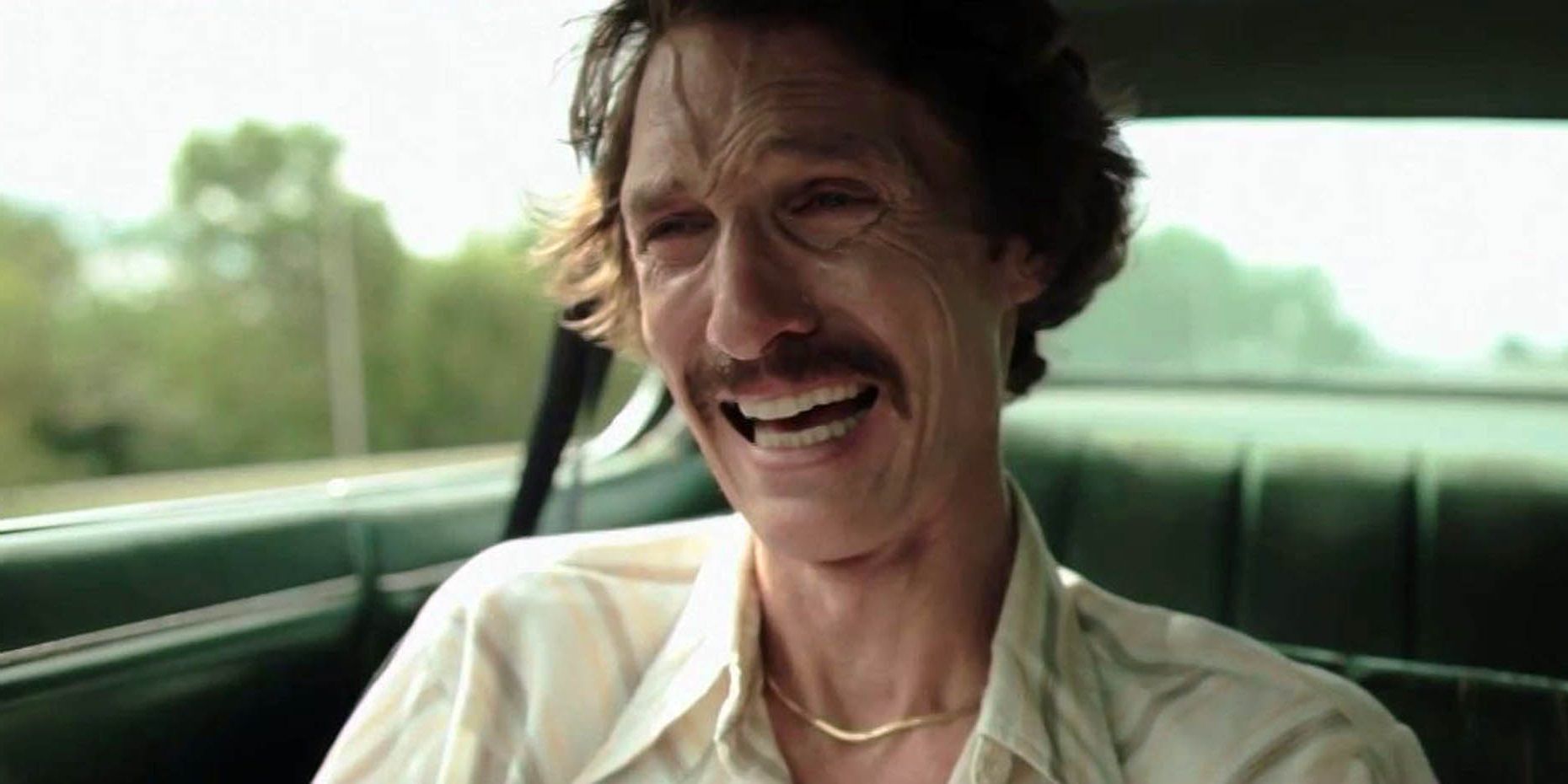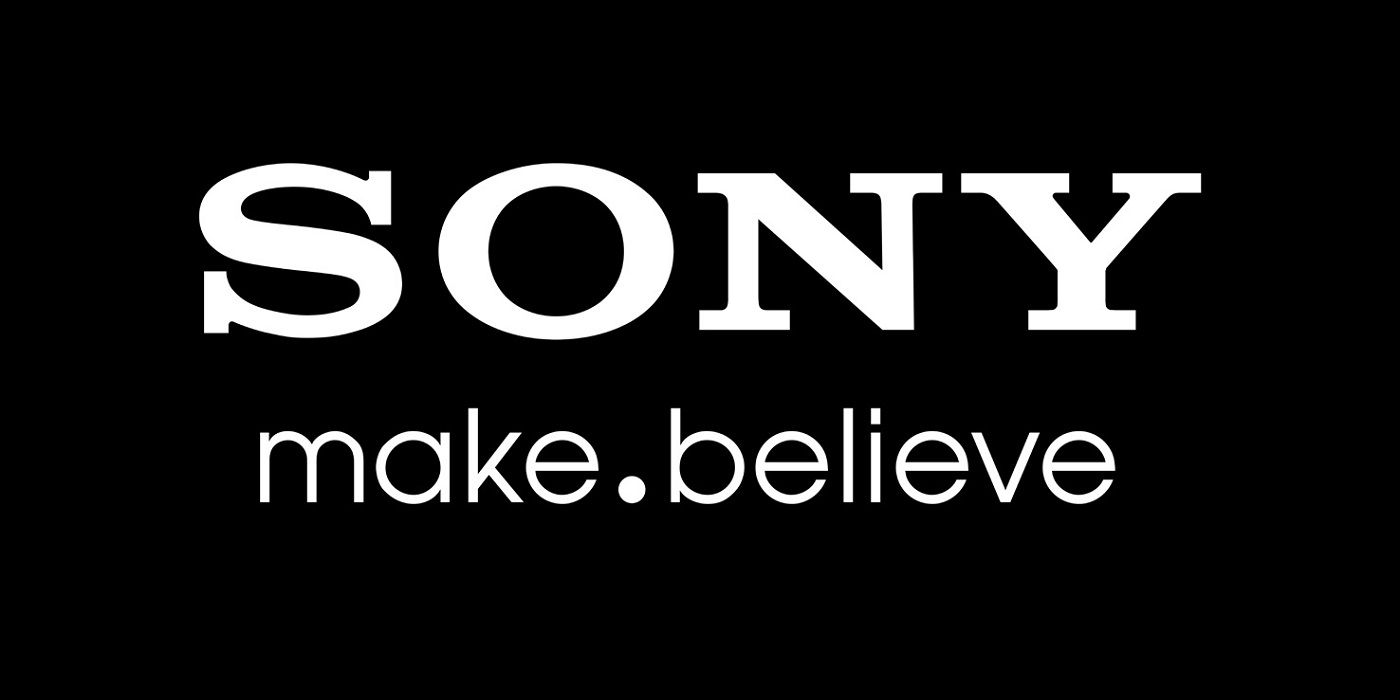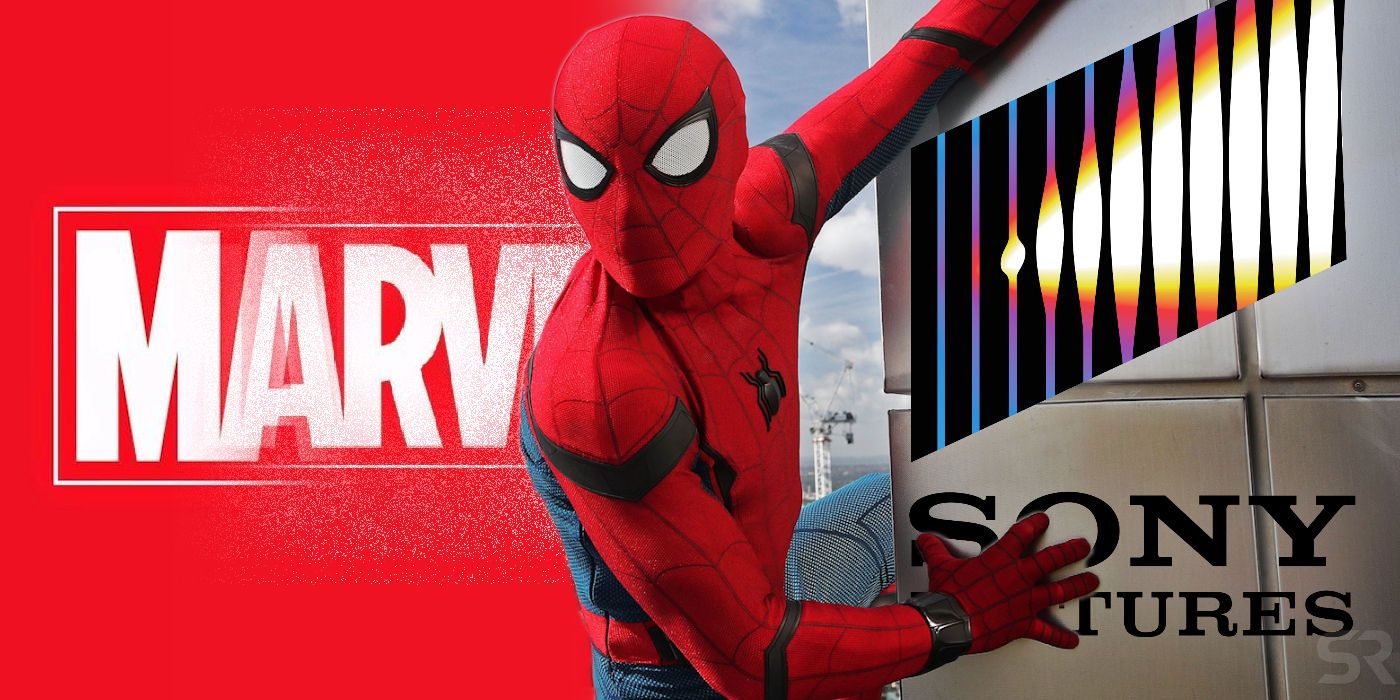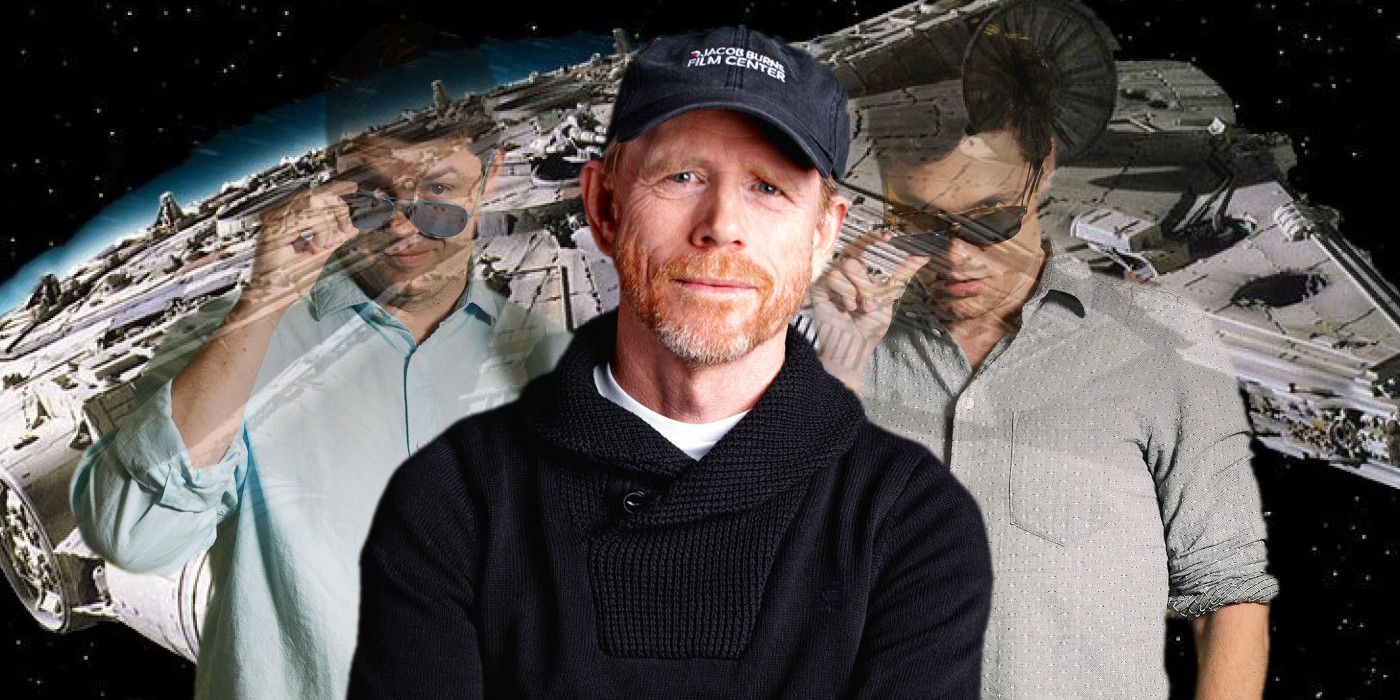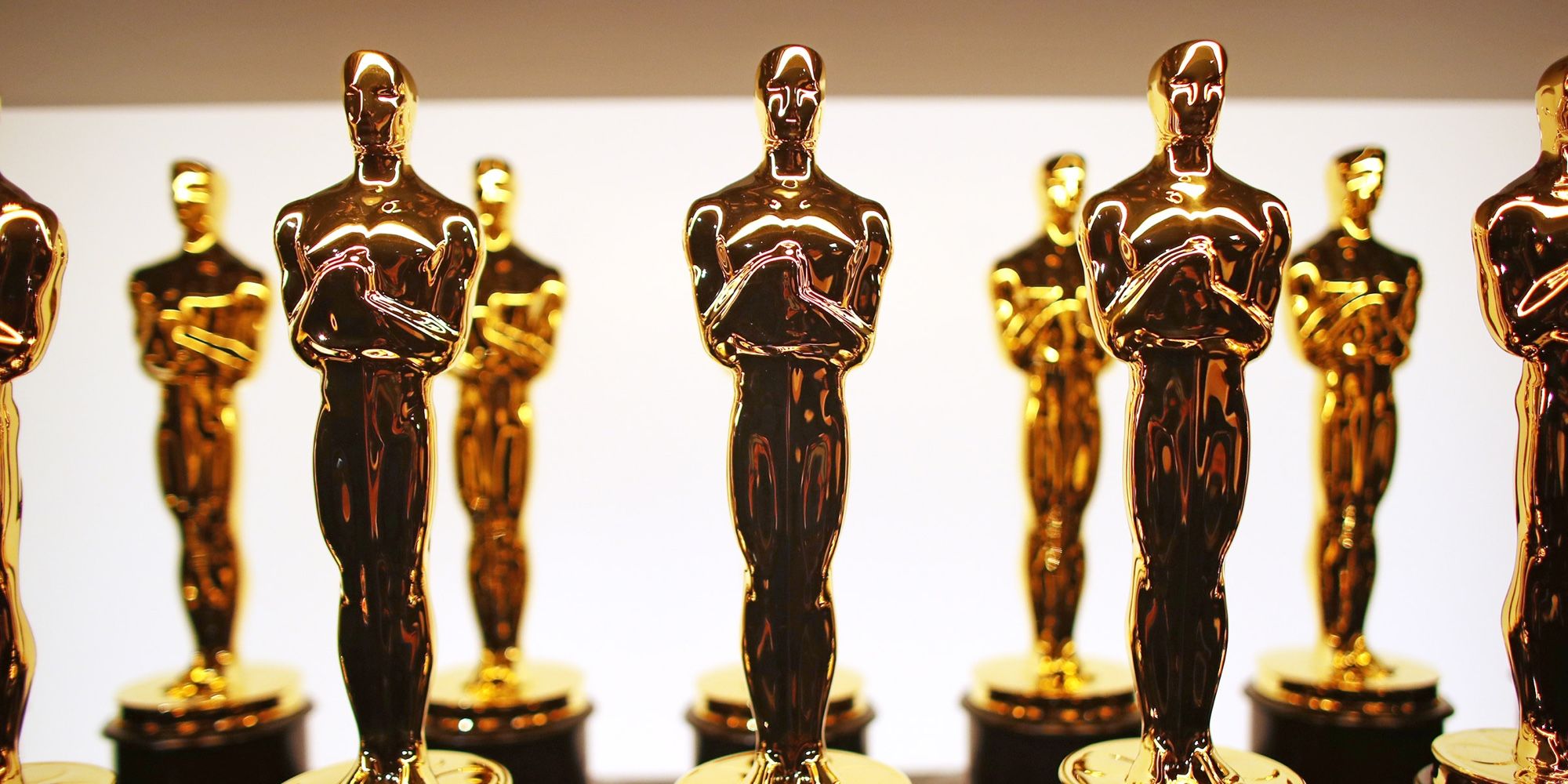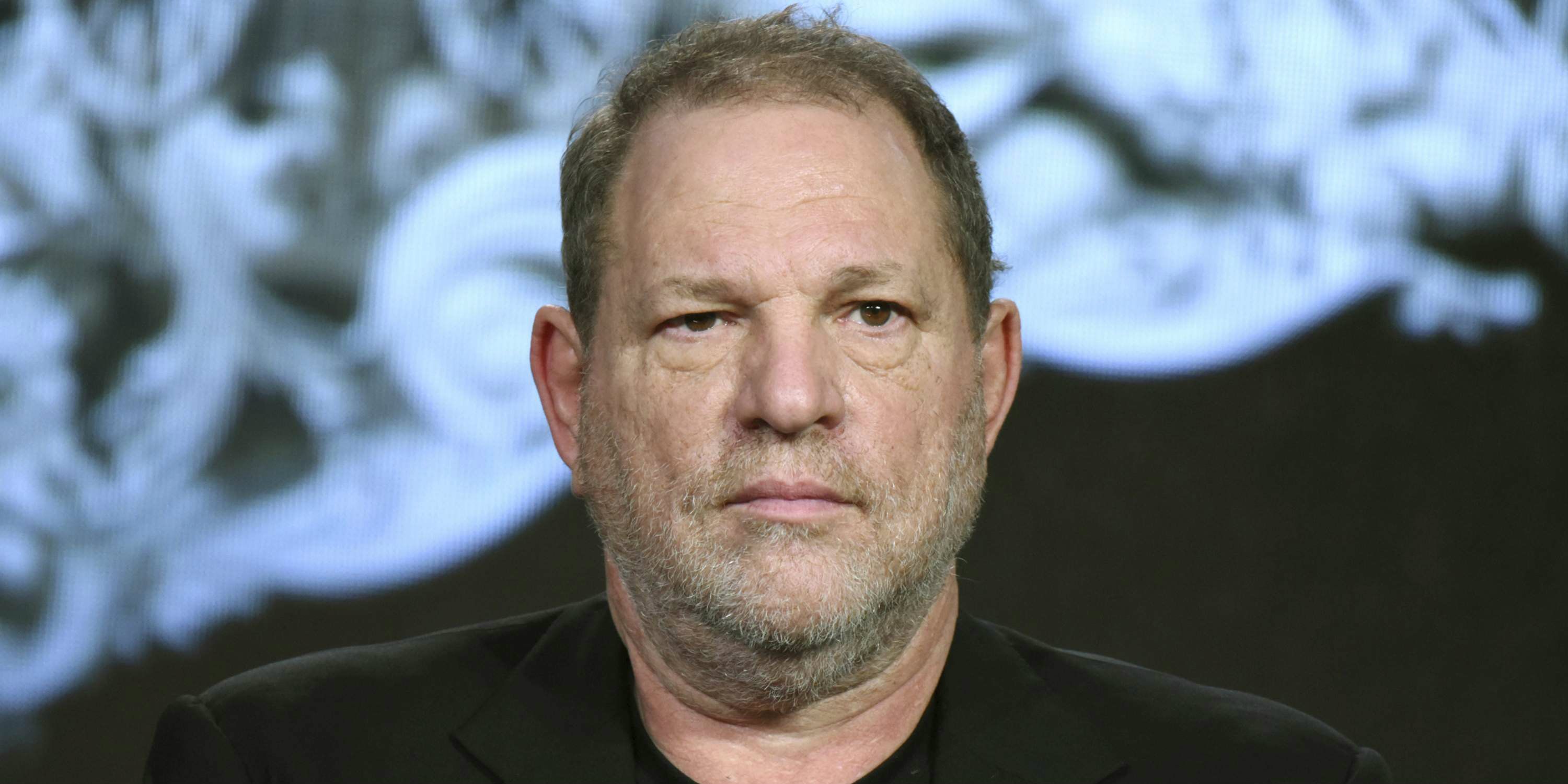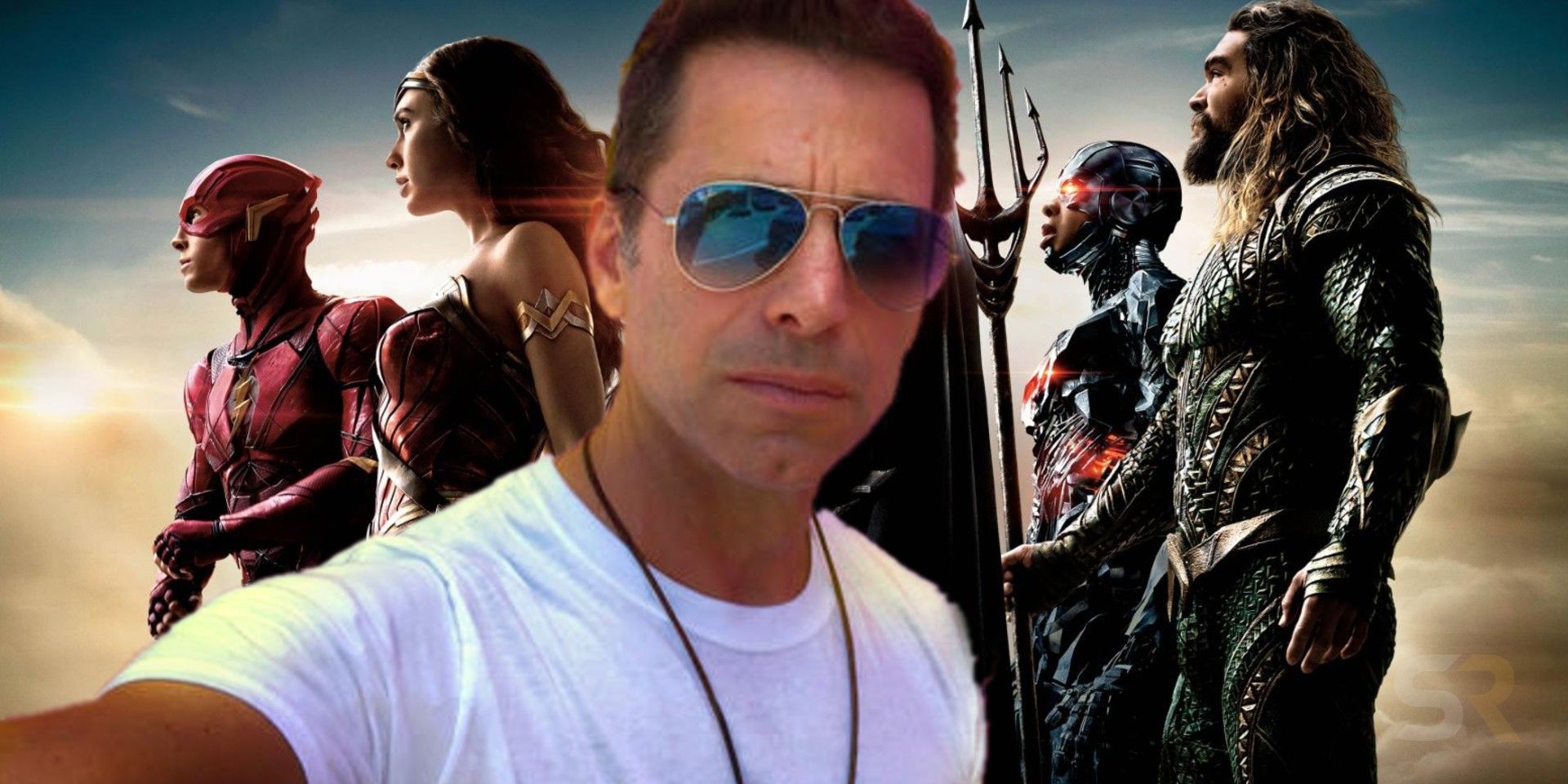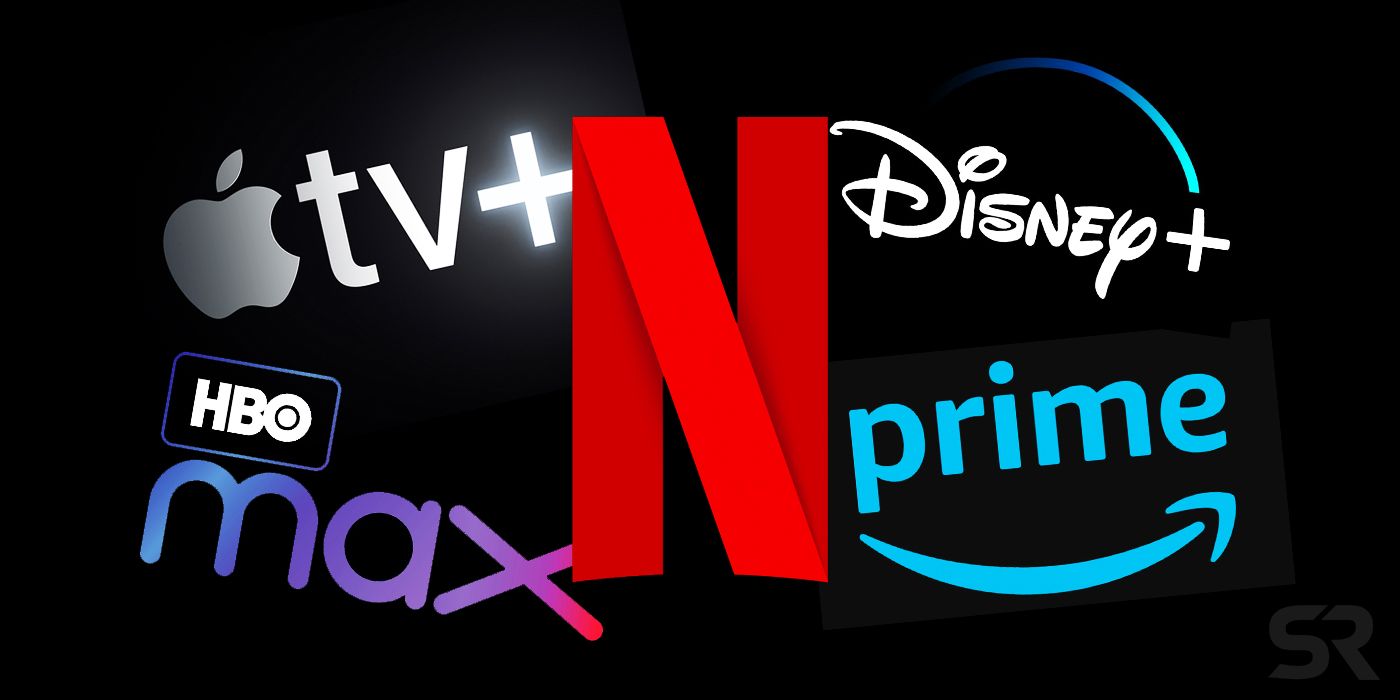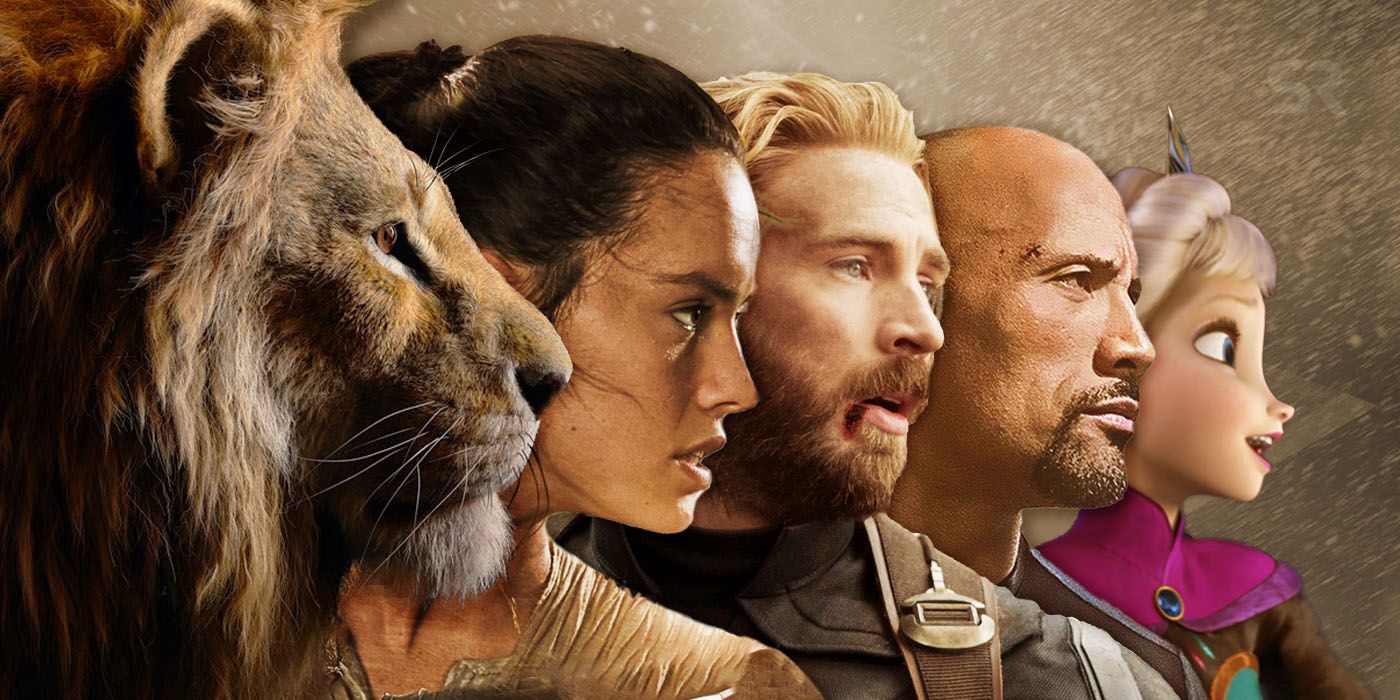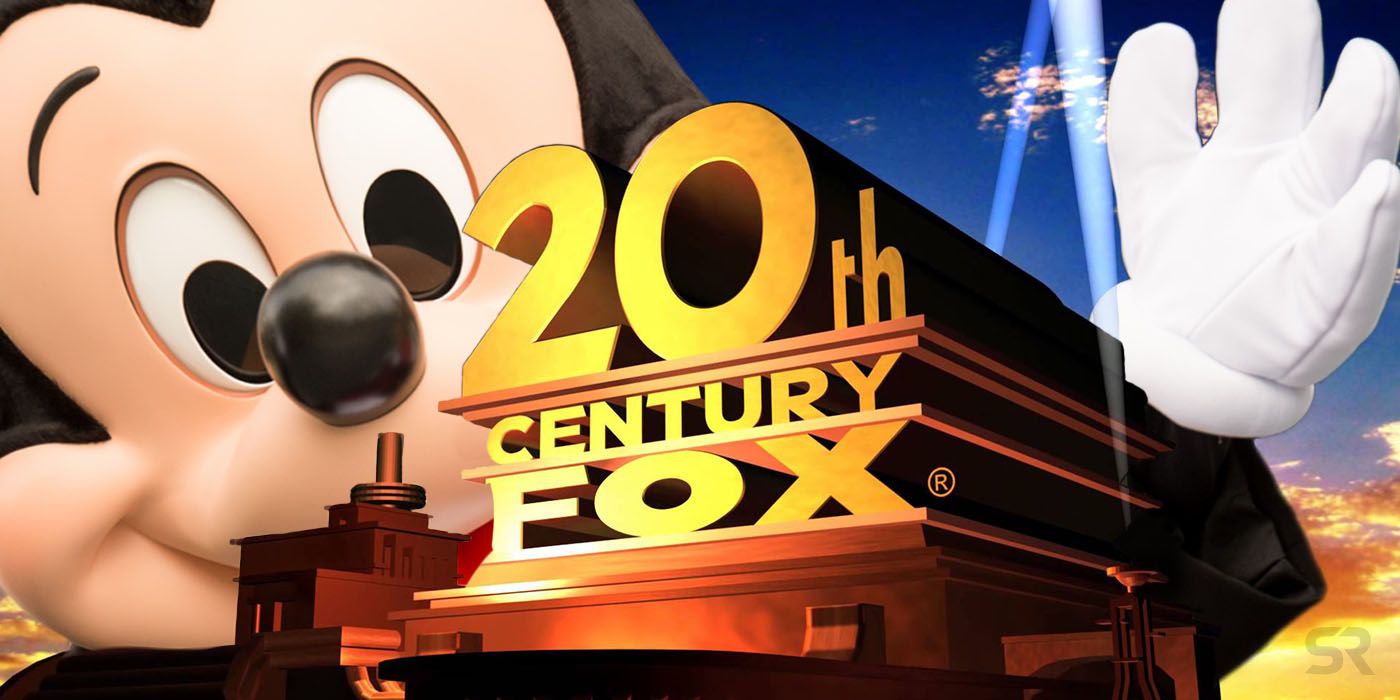With the 2010s coming to a close, we run down the biggest movie news stories of the decade. The film industry landscape drastically changed over the past 10 years. When the calendar flipped to January 2010, the idea of a shared movie universe seemed overly-ambitious at best, everyone thought the Star Wars saga was complete, and Harvey Weinstein was about to produce the next Best Picture winner in The King's Speech. Obviously, things are very different at the dawn of the 2020s, and it'll be interesting to see what happens over the course of the next decade.
Since all of these stories were huge developments and had major ramifications on Hollywood (some, admittedly, greater than others), it would be a fruitless exercise to try to rank them. Instead, this list will be presented in chronological order, so think of this as a time capsule through the 2010s in film. Without further ado, here are the biggest movie news stories of the decade.
The Marvel Cinematic Universe Establishes Its Dominance
During the earliest days of Phase 1, the MCU experienced only modest success. The Iron Man movies were clearly the biggest draws, with other titles like Thor and Captain America: The First Avenger finishing below $200 million domestically for their entire runs. The MCU's stature exponentially improved following the first Avengers film, which broke box office records and announced the franchise was here to stay. On the heels of that success, Marvel expanded their operations, making household names out of everyone from Ant-Man to Doctor Strange to the Guardians of the Galaxy. As evidenced by Avengers: Endgame becoming the highest-grossing film of all-time, Marvel is top dog right now.
Disney Buys Lucasfilm
Due to their acquisition of Pixar in 2006 and Marvel in 2009 (not to mention their in-house productions), the Mouse House had a nice stable of content available to them at the turn of the decade. Not one to rest there, Bob Iger pulled off a great surprise in 2012 when Disney purchased Lucasfilm for $4 billion and announced a new slate of Star Wars movies. Of course, the studio's plans for the galaxy far, far away included much more than some feature films, as Disney quickly went to work on the Galaxy's Edge theme park and have multiple live-action TV series in the works for the Disney+ streaming service. Star Wars is as omnipresent as it's ever been thanks to Disney, and it won't be much longer until audiences are reunited with Indiana Jones. The Lucasfilm renaissance gave Disney another cash cow, and tightened their grip on Hollywood.
"The McConaissance" And Other Career Comebacks
Everyone loves a good comeback story, and the movies had no shortage of them in the 2010s. One of the most prominent narratives was "the McConaissance," which saw Matthew McConaughey return to the A-list by moving away from bland rom-coms and win an Oscar. McConaughey's resurgence paved the way for others their own career revivals. The "Keanussance" remains in full-swing because of John Wick. M. Night Shyamalan rebounded from a string of disappointments with the one-two punch of The Visit and Split. And though the McConaissance made a ton of headlines, this trend actually kicked off before him, with Ben Affleck taking home a Best Picture Oscar for Argo.
The Sony Hack
In 2014, Sony was planning on releasing the James Franco/Seth Rogen vehicle The Interview over the holidays. That film, which starred the two as journalists tasked to assassinate Kim Jong-un, nearly started a war. Allegedly, a group calling themselves the "Guardians of Peace" hacked into Sony's servers, which caused headache after headache for the studio. Film prints were leaked, emails detailing plans about future projects were made public, and threats were issued to theaters that were going to screen The Interview. Fortunately, no attacks were carried out, but the hack was still an absolute nightmare for Sony, and this remains a truly shocking turn of events.
The Disney/Sony Spider-Man Deal
Sony made headlines for much more positive reasons in 2015, when it was announced they reached an unprecedented deal with Disney that allowed Spider-Man to finally become a part of the MCU. Sony tried launching their own mega-franchise in the form of the Amazing Spider-Man movies, but those were disappointments. Moving Peter Parker and friends to the MCU made a lot of sense and helped re-establish the character's cinematic clout. This arrangement, which produced two new solo Spider-Man movies and three other MCU appearances, was highly successful - which is why Sony and Disney ironed out new terms to keep Spider-Man in the franchise for the foreseeable future earlier this year.
Lucasfilm's Poor Track Record With Directors
In 2015, Lucasfilm removed director Josh Trank from an untitled Star Wars spinoff film. It seem innocuous at the time, but it was the first sign something was amiss behind-the-scenes at the studio. Lucasfilm has since earned itself a troubling reputation, dismissing multiple creatives from various Star Wars projects. The most infamous instance, obviously, is Phil Lord & Chris Miller's surprise firing from Solo: A Star Wars Story. But there was also Colin Trevorrow's departure from Star Wars 9 and David Benioff & D.B. Weiss' cancelled film trilogy. Even Gareth Edwards, who maintained sole directing credit on Rogue One, was replaced by Tony Gilroy for the reshoots. Because of all these examples, there's reason to worry if directors will be willing to take on Star Wars films in the future.
The #OscarsSoWhite Controversy
Like every year, 2015 saw 20 actors and actresses receive Oscar nominations for their performances. But what was curious about the Academy's selections was that all of the names recognized were Caucasian. Not a single minority actor or actress earned an Academy nod, which rubbed a lot of people the wrong way. #OscarsSoWhite became a trending topic, with film fans pointing out deserving turns from many of the snubs. In response to the controversy, the Academy (which notoriously skews "old and white") changed things and made sure to welcome a diverse range of new members, attempting to ensure something like #OscarsSoWhite wouldn't happen again. Coincidence or not, the following years haven't had any all-white acting fields, representing progress.
La La Land/Moonlight Best Picture Screwup
Those who held onto the belief Marisa Tomei's Oscar win for My Cousin Vinny was a mistake were proven wrong in February 2017, when the Academy experienced arguably their most embarrassing moment. At the end of the ceremony, Damien Chazelle's La La Land was named Best Picture, but in the middle of the acceptance speeches, the film's producers were altered to a truly regrettable error. The wrong envelope had been handed to presenters Faye Dunaway and Warren Beatty, leading to La La Land incorrectly taking home the top prize (for a few minutes). It was Barry Jenkins' Moonlight that really won the award. To say people were baffled by the mixup would be an understatement. This was unprecedented and an ignominious moment for the Academy. Moonlight's triumph was overshadowed by an unfathomable mistake.
The Me Too & Time's Up Movements
In the fall of 2017, an exposé detailing Harvey Weinstein's history of sexual assault and harassment was published, becoming the first in a troubling long line of dominoes to fall. Following the Weinstein story, allegations and accusations against multiple Hollywood personalities (including Kevin Spacey and Bryan Singer) were made public, coming out at an alarmingly frequent rate. #MeToo and #TimesUp became prominent movements in the industry, looking to bring about overdue change in the industry and improve working environments. There's still a ways to go, and those with checkered personal histories continue to find employment, but these were the first steps. Hopefully over the next handful of years, more progress is made on this front.
Justice League's Snyder Cut
While working on Justice League, director Zack Snyder had to leave the project due to a family tragedy. Warner Bros. brought in Joss Whedon to complete the film, but the Avengers helmsman ended up massively overhauling Justice League with nearly 80 pages of reshoots. The DC team-up was completely changed, with Whedon altering key plot points and character arcs. The end result was a mess of a Frankenstein's monster that tried to blend Snyder and Whedon's distinct styles. And it was clear the theatrical cut was not representative of Snyder's original vision. In the aftermath of the critical and commercial flop, the #ReleaseTheSnyderCut movement gained steam, with DCEU fans (and Justice League cast members) pleading with WB to do right and share Snyder's version of the film with the world. Two years later, that's yet to happen, but the campaign is still going strong.
Rise of Streaming Services
The likes of Netflix and Hulu have been around for a long time, but this realm is now very crowded. With the launches of Apple TV+ and Disney+, the streaming wars are in full effect, with other services like HBO Max and NBC's Peacock on the horizon. The way people consume their entertainment changed over the course of the decade, with streaming rising to prominence. Given their convenience, it's easy to see the appeal. And today, streaming services aren't just for rewatching some of your favorites. Original programming is a key selling point, with Netflix in particular crashing the Oscar party with Roma last year. If The Irishman and Marriage Story are anything to go by, Netflix is going to be an awards player for a while, and it'll be fascinating to keep tabs on how all the other services develop.
$1 Billion Normalcy
When the 2010s started, only seven movies in history grossed $1 billion or more at the worldwide box office. Now, with Joker becoming the latest member of the club, that number stands at 44. So, that means 37 blockbusters this decade hit the $1 billion mark. This is now the new normal; if a tentpole doesn't earn $1 billion (or at the very least, come close) it'll probably be seen as a disappointment. Of course, rising ticket costs have to be taken into account when discussing this point. Adjusted for inflation, some of these figures aren't as large as they might seem. But it still doesn't take anything away from the fact it's incredible major studio tentpoles (mainly ones from Disney) routinely top $1 billion like it's nothing.
Disney Buys Fox
At the turn of the decade, 20th Century Fox was its own entity, riding high off the record-breaking success of James Cameron's Avatar. Now, they're part of Disney's ever-growing media empire. It's cool that the X-Men and Fantastic Four can be part of the MCU, but many can't help but wonder about the serious, industry-altering consequences of this deal. Disney bought out a competitor, and they immediately dropped several Fox movies that were in development (including Mouse Guard). The Mouse House strengthened their already powerful stranglehold on the industry, raising concerns about a monopoly. Since this is a very recent development, it's too early to tell what'll become of this transaction. In a perfect world, Disney will largely stay hands off with the Fox movies they do want to keep, but that remains to be seen.

